After a heart attack, many lifestyle changes are necessary to prevent complications and reduce the risks of a future episode. It is essential to take prescribed medications, adopt a healthy lifestyle, quit smoking, avoid stress and have a healthy diet after heart attack. Unhealthy diet and lifestyle will put you at greater risk of developing heart disease and other medical conditions, so it is extremely important to adopt healthy habits.
Foods to Avoid
1. Foods High in Trans-Fats and Saturated Fats

Foods containing a lot of trans-fats and saturated fats will lead to increased levels of bad cholesterol in the blood, which can clog and block the arteries. The daily fat intake should not exceed 7% of the total caloric intake. Items that may have trans-fat include snack foods such as microwave popcorn, baked goods, vegetable shortenings, frozen pizza, refrigerated dough products such as biscuits and cinnamon rolls, fast food, stick margarine, coffee creamer, red meat, chicken with skin, and ready-to-use frosting. Many plant based foods are high in unsaturated fats such as palm and coconut oils.
The fat content of prepackaged and processed food is particularly high. Sometimes the labels can be confusing, so be careful to read them and avoid anything with partially hydrogenated fats because these are actually trans-fats.
2. Foods High in Salt and Sugar
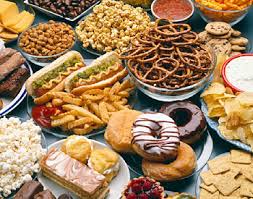
Having a normal blood pressure and blood sugar levels especially in diabetics is vital for uneventful recovery after a heart attack. Increased salt intake can lead to increased blood pressure which can be harmful for the heart health. The recommended daily intake of sodium should not exceed 2300 mg, and if the risk factors are present, you should limit it to 1500 mg. Try to avoid putting extra salt in your food and season it with herbs instead. Limit your intake of crisps, pretzels, salted nuts and processed food high in sodium.
Diet after heart attack should also be low in refined sugars to avoid weight gain and disturbed blood glucose levels. Stay away from desserts, fizzy drinks, cakes and sweets.
3. Foods High in Cholesterol
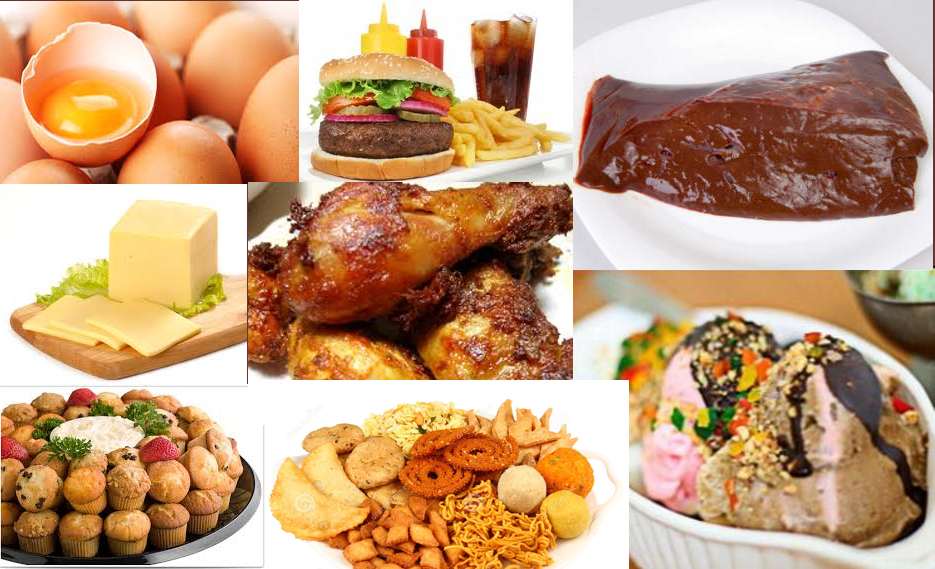
Cholesterol is known to be one of the culprit for clogging and blocking the arteries. The daily cholesterol intake should not be more than 300 mg after a heart attack. Cholesterol is high in eggs, butter, dairy products, cheese and meat, especially organ meat like liver.
Foods to Eat
Diet after heart attack does not have to be boring, there are plenty of delicious and nutritious options to choose from.
1. Fruits and Vegetables
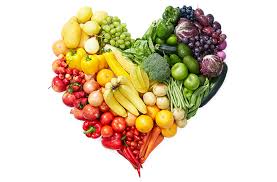
The health benefits of fruits and vegetables are unquestionable. They are rich in potassium which plays a vital role in maintaining blood pressure and counters the side effects of sodium. Berries, apples and pears can promote heart health and can reduce the risk of complications like stroke. Carrots, green leafy vegetables, tomatoes and bell peppers contain lots of antioxidants and are helpful in recovery. Try to snack on fruit and vegetables, and include them in every meal.
2. Foods with Healthy Fats

Fats should be cut down but not completely excluded. There are many fats which are good for health. These healthy fats are unsaturated fats and can be found in oily fish like salmon, tuna and herring. They are rich in omega-3 fatty acids and can reduce the risk of further damage to the blood vessels. Mono unsaturated fats like olive oil and canola oil are also among the healthy fats.
3. Dark Chocolate
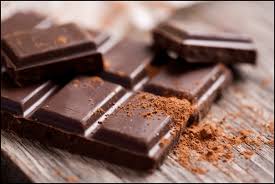
It is proven by latest research that dark chocolate is good for your heart. They contain flavonoids which reduce inflammation and can lower blood pressure. Try to avoid milk chocolate and have 60-70 % cocoa containing varieties.
4. Soy
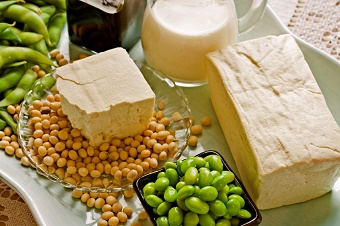
Tofu and soy milk are made from soy and are excellent sources of proteins without the additional bad fats. They also contain fiber, vitamins and lots of other minerals and should be a part of diet after heart attack to reduce blood pressure and bad cholesterol levels in blood.
5. Nuts
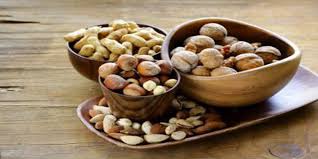
Almonds, peanuts, walnuts, pistachio and other nuts contain lots of healthy fats, vitamins such as vitamin E and fiber. Having a handful of nuts is a great way to get a lot of nutrients that are good for heart heath. But you'd better avoid salted nuts.
6. Green Tea

Green tea consumption can reduce the risk for heart diseases by 20%. It is associated with a lot of health benefits such as improving brain function, lowering the risk of cancer and promoting heart health. It also contains zero calories and is rich in anti-oxidants which can help with recovery.
7. Whole grains
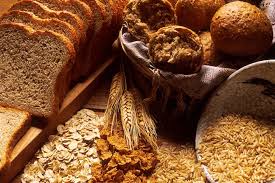
Whole grains are definitely better than the refined version. They contain a lot of nutrients and fiber. They can help to reduce blood pressure and improve overall heart health. To incorporate these in your diet after heart attack you can:
- Swap refined options with the whole grain variety
- Try whole wheat bread and pasta, and opt for high fiber cereals
Healthier Ways to Cook
Cooking with little fat can be challenging, but you can make mouthwatering dishes by using the following cooking methods instead of frying:
- Poaching
- Steaming
- Stir fry
- Baking
- Use the microwave
- Making casseroles
Try to stay away from butter, cream and cheese based sauces. Opt for other spices and herbs like lemon juice, garlic or ginger to add flavor.
Life Style Changes to Avoid Heart Attack
1. Watch Your Portion Size
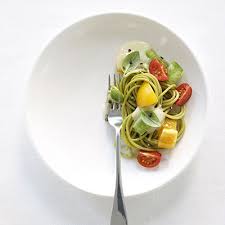
It is not only what you eat that matters, the quantity of food is also very important. To keep yourself fit and healthy after a heart attack, you should be careful about your food portions. Try to familiarize yourself with the amount of calories in every meal, and be aware of how much you need to consume in a day.
2. Be Active

Getting half hour of physical activity five days a week is essential. You can jog, walk or do any exercise your fitness level allows. Start slowly and gradually build it up. If it is hard for you to exercise for 30 minutes, you can have two sessions with fifteen minutes for each. Discuss with your doctor before starting any vigorous exercise regimen.
3. Stay Away from Stress
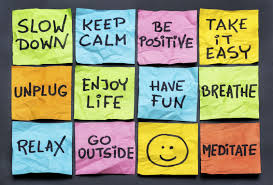
Stress can be the biggest enemy, so it is necessary to manage it for better blood pressure control and general well-being. We cannot eliminate stress from the daily life but certain techniques like deep breathing, yoga and meditation can be helpful to control it.
4. Get Enough Sleep

The body repairs itself while we sleep, so in order to get faster recovery, eight hours of sleep each night is necessary. Avoid having any coffee or tea just before bedtime and follow a bed time routine. Avoid using gadgets like laptops and mobile phones in bed.
Note: If you have diabetes, it is more crucial to follow a healthy diet after heart attack to make your blood glucose levels and blood pressure stay within normal limits, therefore to avoid any future episodes.
